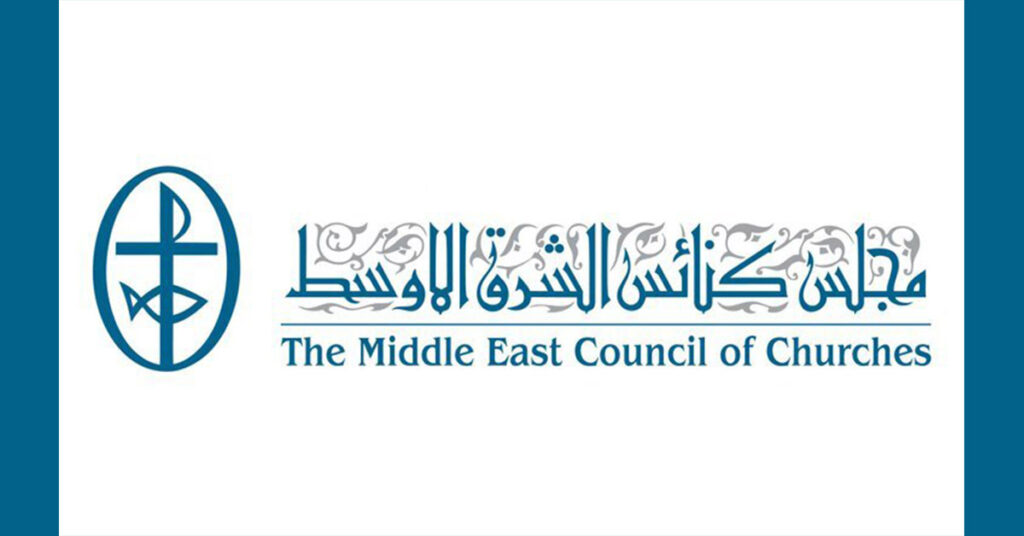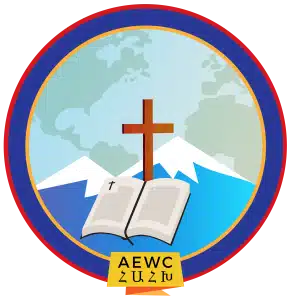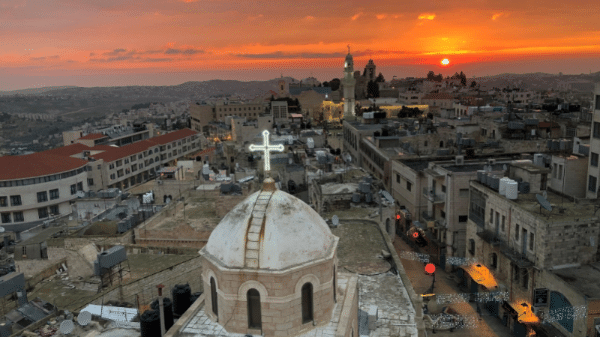Middle East Council of Churches
The Middle East Council of Churches responds to the August 2020 Explosion in Beirut.
At its first General Assembly in Nicosia, Cyprus (May, 1974), the Middle East Council of Churches was formed at the conclusion of a series of successful discussions between the Orthodox churches in the Middle East (both Eastern and Oriental) and the Protestant and Episcopal members of the Near East Council of Churches.
The MECC is unique among regional ecumenical councils. It represents the advancement of ecumenism in a way not found anywhere else. At the Fifth General Assembly of 1990, the seven Catholic churches of the Middle East joined the council as its fourth family. This symbolically completed the square of wholeness and made the council a fully inclusive body. The Middle East Council of Churches is a fellowship of 27 member churches gathered in four families–Oriental Orthodox, Eastern Orthodox, Evangelical, and Catholic. Spanning the Middle East and North Africa from Algeria to Iran, 12 to 15 million Christians are thus represented in this all-inclusive Council. The Council has several units and programs, including the Department of Service to Palestinian Refugees, and the Inter-Church Network for Development & Relief in Lebanon (ICNDR).
Department of Service to Palestinian Refugees
The services of the DSPR aim at enabling people to better organize their lives so that they can live with dignity in spite of the various difficulties and constraints that seek to inhibit them from “normal” living. Over 70,000 Palestinians benefit from the health clinics in DSPR areas of operation, particularly in Gaza and Jordan. DSPR also provides vocational training in such subjects as carpentry, metal and aluminum works, secretarial studies, English, dressmaking, hairdressing, knitting and others. A long-time focus of DSPR has been the construction of cisterns in the many communities that have few or no dependable water sources.
Specific objectives include support for the programming of:
- NECCCRW Gaza, including health, education, employment opportunities and vocational training, community development, and individual rehabilitation
- ICC West Bank, including small-scale physical infrastructure, water cisterns, youth and children’s activities, and women’s development
- ICCI Nazareth, including village development, employment opportunities, community development and organization, rural village development, civil society development, women’s development, assistance to abducted women, youth leadership, and vocational training
- NECCRW Jordan, including health education, educational opportunities, community rehabilitation, child-welfare, and community development
- JCC Lebanon, including women’s vocational training, computer courses, and agricultural training.
Support this Ministry
To make a gift for this ministry online or by check use the online donation page.
- 100% of your gift will be directed to Middle East Council of Churches
- You will receive updates on the work in this area as they become available
- Share in the vision of God’s abundant life for all people
Related Content
CMEP calls for preservation of the Armenian Christian Community while Commemorating the 110th Anniversary of the Armenian Genocide
Churches for Middle East Peace (CMEP) calls for the preservation of the Armenian Christian...
Read MoreAEWC: Commemorative Statement on the 110th Anniversary of the Armenian Genocide
The Armenian Evangelical World Council (AEWC) is a representative body of the Armenian Evangelical...
Read MoreEaster Greetings from Sabeel
As we reflect on the resurrection of Jesus, we are compelled to confront the harsh realities of...
Read More

 Middle East Council of Churches website
Middle East Council of Churches website

